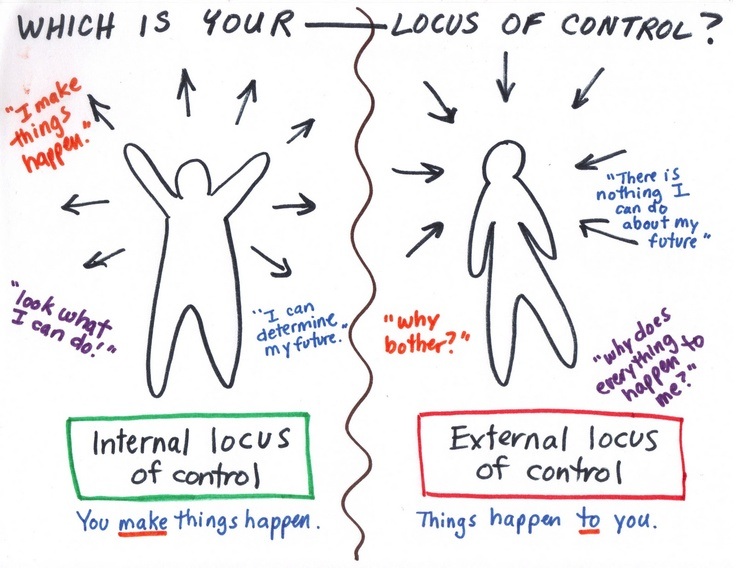Obedience, in human behavior, is a form of "social influence in which a person yields to explicit instructions or orders from an authority figure". obedience is generally distinguished from compliance, which is behavior influenced by peers, and from conformity, which is behavior intended to match that of the majority. depending on context, obedience can be seen as moral, immoral, or amoral. humans have been shown to be obedient in the presence of perceived legitimate authority figures, as shown. He proposed a change to the definition of obedience. in his words, obedience is "the submission to the requirements of an authority." to put it more simply, you give the authority what you think they want from you, even if they don't tell you directly to do something.. Obedience is a type of social influence where in people try to accept, agree and respect the request and order of another person. this request or order brings a change in their behaviour. the most significant characteristic of obedience is that it is the most direct way through which a person tries to change the behaviour of another person through orders, verbal or non verbal..
Developmental psychology
Aqa as psychology unit 1 social influence
Chapter 15 - thrive in ap psychology - thrive in ap psychology
Obedience. obedience occurs when you change your opinions, judgments, or actions because someone in a position of authority told you to. the key aspect to note about obedience is that just because you have changed in some way, it does not mean that you now agree with the change. for example, if you are a democratic senator, and the president came.

